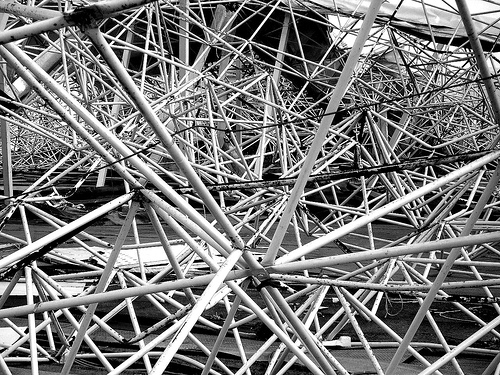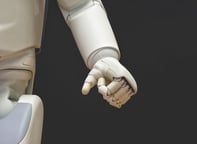Published on
Improving Education By Understanding Our Purpose

As an educator I do worry about what is being packaged as “education”.
Look around and you will find more and more training factories disguised as schools pedaling education that is easy and quick. Such “instant gratification” certificates are based on simple transactional business metrics where students need only perform rote memorization to complete “training” given by “trainers”. Education gets reduced to being an instrument of the labor market, where graduates are selected and certified according to values and norms endorsed by the business community. Students ingest formalized models, indicators and procedural tools, while being inculcated with a view of the world that propagates certainty, prescriptive measures, and manager-designer as supreme and above all. Students are taught to act through conditioned reflexes, with the ability to critically think in variable contexts, taking incremental action, absent. Learning to think becomes secondary as students assimilate nothing more than ready-made thinking and actions.
It is important to note that a core imperative of the global economy is that change is the only certainty. Markets shift fast as new technologies proliferate and competitors multiply, causing products, and companies to become obsolete seemingly overnight. This shifts organizations to be information-based, replacing layers of middle management with faster computer systems, and to focus on transforming data into purposeful actions that achieve enterprise objectives. Transformation of data into relevant, meaningful and “actionable” information requires highly skilled specialists with discipline specific, professional knowledge that is applied effectively within multidisciplinary task forces. Yes knowledge has become the essential element for organizational success in this fast changing world.
To meet the need of contemporary and future organizations students need be able to function competently in this complex environment, and have the knowledge to convert data into useful information, and act on it. Facts and data change, thus education should not be an exercise in memorization but an ongoing journey of inquiry about what really matters. This means recognizing that learning is a complex process and must encompass not only knowledge and abilities but also values, attitudes and habits of mind that affect academic success and performance beyond the classroom. Our job is educating to enable our workforce to “work smarter”.
I believe we can provide knowledge specificity through a complete and accurate reflection of the real world. In this way, we can help students to competently apply knowledge in an uncertain world with its weak indicators, variable and specific contexts, and the need to manage oneself. In addition, we must nurture inquiry-based skills and attitudes in our education system. This helps students learn how to accumulate knowledge as they progress through their training, and gives them greater understanding of the world in which they live, communicate and work.
“Education is the lighting of a flame, not the filling of a vessel.” Socrates 470-399 B.C.
Author Perspective: Administrator



